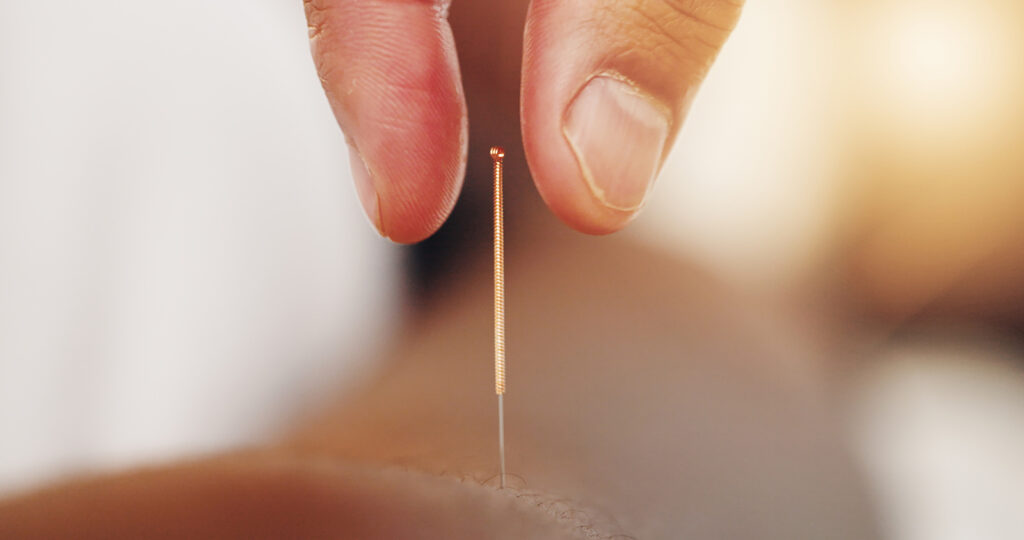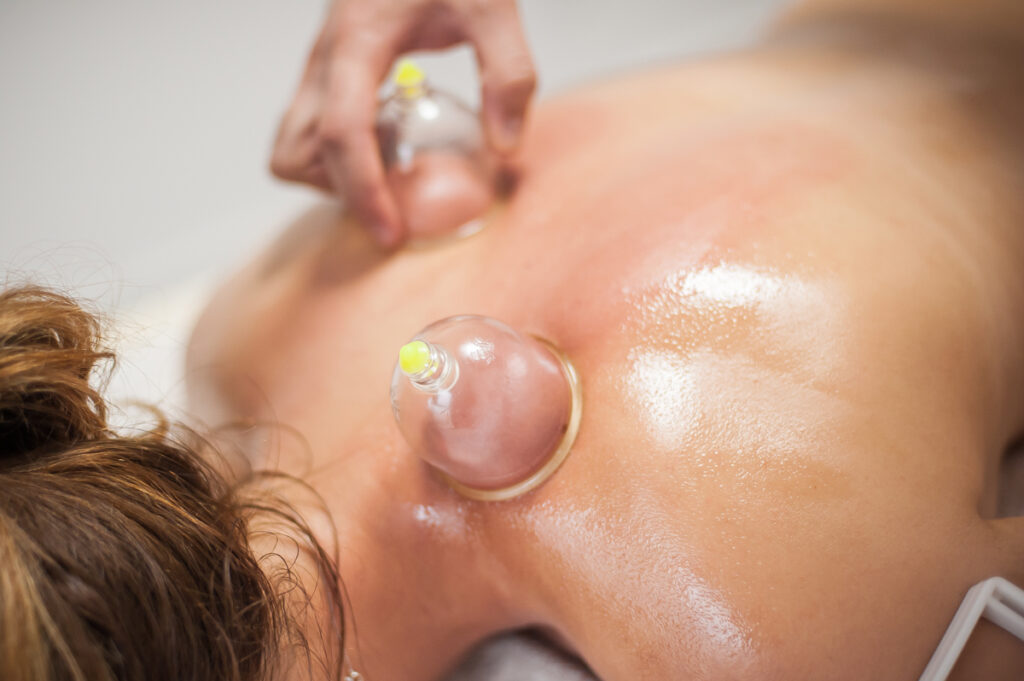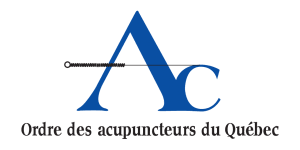What is acupuncture?
Acupuncture is a form of Chinese medicine that has been used for over 5,000 years in Eastern countries and around the world. In Quebec, the Acupuncture Act defines it as “a traditional oriental method whose purpose is to improve health or relieve pain.”
This practice is based on the existence of vital energy, essential to life, which circulates throughout the body via a network of channels called meridians. When the energy flows smoothly, there is balance and health.
However, the flow of energy can be slowed down or blocked by various factors such as stress, poor nutrition, emotions, trauma, climatic variations, and environmental factors, leading to fatigue, pain, or other symptoms.

Evaluation in acupuncture
During the evaluation, the acupuncturist uses a detailed questionnaire to gather information on every aspect of the client’s health. They will observe the tongue and the body, take various pulses, and palpate certain strategic points on the body located along the meridians. The acupuncturist’s clinical reasoning is therefore based both on an ancient millennial tradition and on the physical, human, and biological sciences.
Acupuncture treatments
The treatment involves stimulating specific points with very fine needles that have particular therapeutic functions, aimed at restarting the blocked energy. The introduction of the needle feels like a mosquito bite, lasts only a fraction of a second, and leaves no mark. The acupuncturist is attentive to any discomfort and knows how to address it if it arises.
Although it may seem surprising to new patients, the sedative effect of acupuncture often causes the person to relax during treatment. If needed, to enhance the effects of the treatment, the acupuncturist may use complementary techniques such as electrical stimulation, laser, or cupping.

Acupuncture needles
Since April 1, 2003, the use of disposable needles has been mandatory. Additionally, they are sterile and are disposed of according to the biomedical waste destruction protocol established by the Order of Acupuncturists of Quebec (OAQ). In short, this practice eliminates any risk of disease transmission.
Problems that can be addressed in acupuncture
A multitude of conditions can be treated with acupuncture, whether they are physical, mental, or emotional. Acupuncture is well-known for treating different types of joint pain, but it can also address a variety of systemic disorders affecting the respiratory, digestive, circulatory, or urogenital systems, among others.
Musculoskeletal
- Back pain
- Sprains
- Tendonitis
- Plantar fasciitis
- Heel spur (Lenoir’s thorn)
- Capsulitis
- Cervical pain
- Carpal tunnel
- Sports injuries
- Etc.
Internal disorders
- General: anxiety, irritability, stress, insomnia, headache, nausea, smoking, etc.
- Respiratory: chronic flu and colds, bronchitis, sinusitis, asthma, seasonal allergies, etc.
- Circulatory: hypertension, numbness, spasm, heavy legs, etc.
- Gastrointestinal: digestive disorders, ulcers, gastric reflux, heartburn, constipation, diarrhea, bloating, nausea.
- Urogenital: urinary infections, cystitis, prostatitis, etc.
- Gynecological: PMS, menstrual disorders (irregular or painful menstrual cycles), dysmenorrhea, pre-menopause, pregnancy and postpartum follow-up, infertility, impotence, etc.
- Dermal: acne, eczema, psoriasis, urticaria, etc.
Our philosophy
With experienced acupuncturists in their team, the clinics are happy to offer this type of alternative approach to their clients. Our acupuncturists also work, when needed, with other professionals practicing in the clinics to help their clientele to feel better as quickly as possible. Do not hesitate to consult us to find out if acupuncture can help you. Our professionals will be able to answer your questions on the subject and reassure you on any worries you would have.
Reference in acupuncture
Since 1995, the profession has been governed by the Ordre des acupuncteurs du Québec. Our acupuncturists are all members of this professional order, as in Quebec, only members of the Order of Acupuncturists of Quebec are authorized to use the title of acupuncturist and practice acupuncture.
The World Health Organization, of which Canada is a member, officially recognizes acupuncture as an effective medicine for the treatment of many diseases.
Training is regulated and offered only at Collège de Rosemont, and it includes chapters in both Chinese medicine and Western medicine (anatomy, physiology, pathology).

Recognition of acupuncture
The acupuncturist is a frontline worker, meaning it is possible to consult directly without needing a referral from a doctor. However, a precise diagnosis or identification of a particular issue by a healthcare professional can be very helpful for the acupuncturist in developing a treatment plan.
